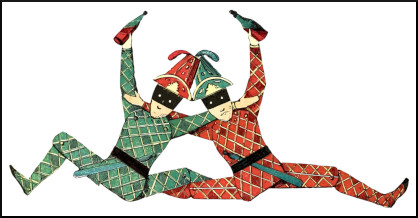James Watson? Holly Hunter? James L. Brooks? Steven R. Craig? Michael Dell? Ed Burns? Orlando Taylor? Selena Gomez? Taylor Swift? Anonymous?

Question for Quote Investigator: The molecular biologist James Watson earned a Nobel Prize as a member of the team that elucidated the helical structure of DNA. He did not claim to be uniquely brilliant; instead, he offered the following self-effacing guidance. Here are three versions:
- Never be the brightest person in the room; then you can’t learn anything.
- If you’re the brightest person in the room, you’re in trouble.
- If you’re the smartest person in the room, you’re in the wrong room.
Would you please help me to find a citation and determine which version is correct?
Reply from Quote Investigator: James Watson did communicate this notion several times using different expressions over the years. For example, in February 2003 an article about Watson appeared in the periodical “Seed” which was reprinted in “The Best American Science and Nature Writing 2004”. The journalist Jennet Conant presented this remark from the scientist:1
“Generally, it pays to talk,” says Watson. “Oh, and another rule: Never be the brightest person in the room; then you can’t learn anything.”
Below are selected citations in chronological order.
Continue reading “Quote Origin: Never Be the Brightest Person in the Room; Then You Can’t Learn Anything”






